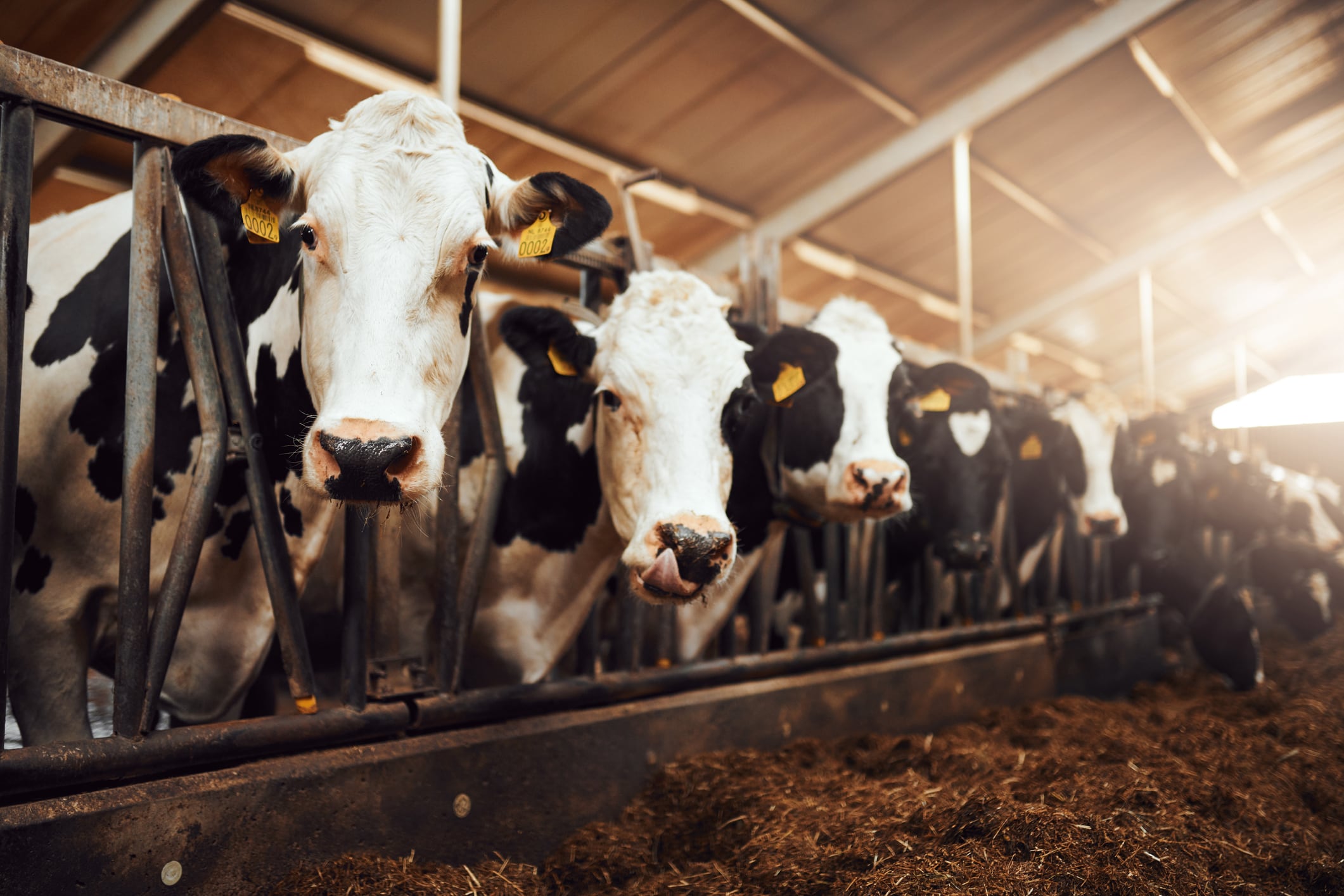Key takeaways
- Mesenchymal stem cells (MSCs) have been found to modulate inflammation in bovine mammary epithelial cells (MECs), offering a potential natural solution for preventing mastitis.
- The application of MSCs increases the size of milk fat droplets in MECs, which is beneficial for milk fat production.
- The research highlights the potential for MSCs to reduce reliance on antibiotics in treating mastitis, which is costly for the dairy industry.
A natural solution to prevent inflammatory udder disease like mastitis could be on its way – with benefits for cow health and milk fat production alike.
A ground-breaking study led by The Hebrew University of Jerusalem researchers reported for the first time that mesenchymal stem cells (MSCs) can modulate inflammation in bovine mammary epithelial cells (MECs).
This is good news for animal wellbeing but also milk fat production. Stress in the bovine MECs shrinks the size of milk fat droplets; but when MECs are treated with MSCs or its secretome, the size of milk fat droplets increased, the study found.
Importantly, the researchers found that the immunomodulatory effect is possible without direct cell contact – suggesting that the beneficial bioactives can be bundled into a feed additive or another type of supplement.
If such a solution is developed, it could be game-changing for veterinary care by providing a natural solution to prevent or reduce the occurrence of udder inflammatory disease during peak lactation periods.
Mastitis is typically treated with antibiotics and costs the global dairy industry from between $20bn and $32bn per year.
How the breakthrough was achieved
To test the beneficial impact of MSCs on MECs, the researchers co-cultured the two types of cells or treated MECs with MSC-conditioned media.
They discovered that this application of MSCs reduced the expression of genes that contribute to inflammation, such as such as IL-6 and TNF-α.
This effect was observed both under normal conditions and when an inflammation was ongoing, meaning that MSCs enhanced cellular resilience.
The researchers also found that MSCs and their secretome stimulated the expression of lipogenic genes – leading to the formation of genes such as FASN (Fatty Acid Synthase), ACC (Acetyl-CoA Carboxylase) and SCD1 (Stearoyl CoA desaturase 1) – and also increased triglyceride content and changes in lipid droplet size and number.
Taken together, these findings indicate that MSCs promote lipid synthesis in MECs, potentially improving milk fat production.
“Our results suggest that MSC modulate MEC responses to LPS and enhance their ability to maintain lipid production under stress,” the researchers concluded. “Notably, these effects do not require direct contact between MSC and MEC, as similar immunomodulatory benefits were observed when only the MSC secretome was used as a CM for LPS-treated MEC.
“Importantly, glucose levels in the medium used to collect the MSC secretome significantly influenced its immunomodulatory effect. Additionally, a key finding of this study is that, regardless of external stress, both MSC and their secretome increased lipogenic gene expression and total TAG content in MEC, indicating enhanced lipogenic capacity.
“Identifying the specific lipogenic factors in the MSC secretome presents an exciting avenue for future research and may offer novel strategies to boost milk production.”
Source: Roni Tadmor-Levi et al, Mesenchymal stem cells and their secretome modulate stress and enhance lipogenesis in bovine mammary epithelial cells, Stem Cell Research & Therapy (2025). DOI: 10.1186/s13287-025-04442-y



